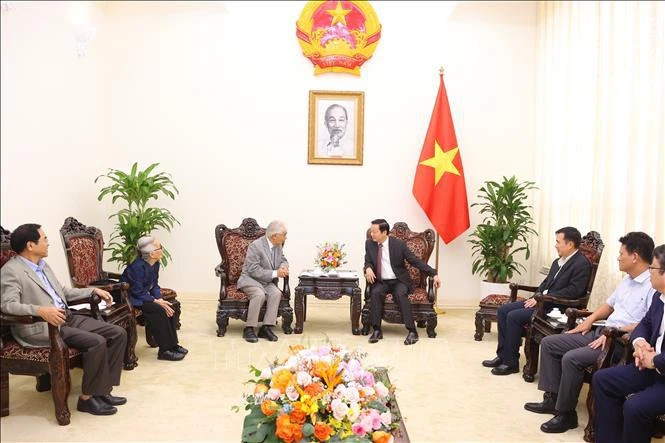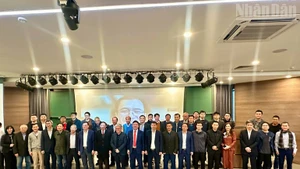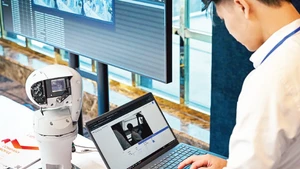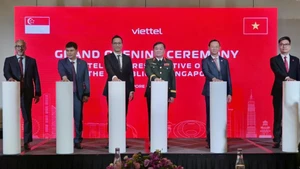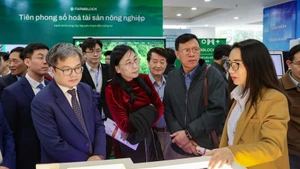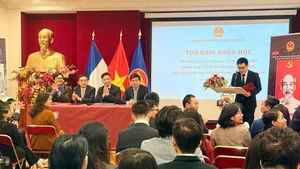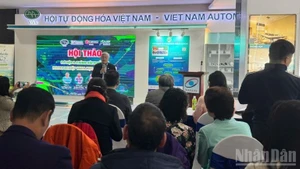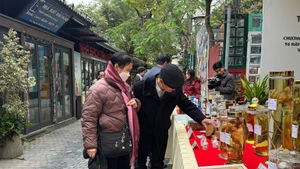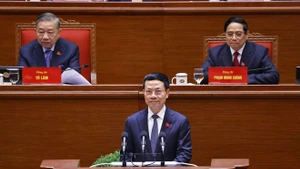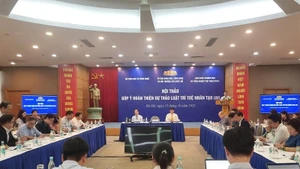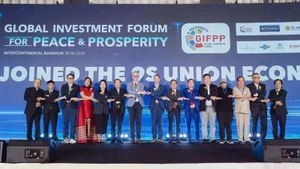At the meeting, the Deputy PM held that the ICISE has attracted international scientists to Vietnam, serving as a platform for sharing expertise, identifying scientific challenges, and developing a new generation of researchers. It provides young Vietnamese scientists with opportunities to learn, expand international cooperation in basic and applied research, and engage with businesses.
The effort to make science-technology a cornerstone of national development needs specific starting points like the ICISE, he noted
Ha said he hopes the centre would become a hub for talent to study foundational technology, green technology, and renewable energy, to initiate research in digital transformation and artificial intelligence, and to control the negative aspects of technology.
For his part, Professor Van said that the ICISE was founded to promote scientific and educational growth, support young Vietnamese students and scientists in integrating into the global scientific community, and provide opportunities for them to boost capacity by participating in meetings and idea exchanges with highly qualified international peers.
Since its inauguration in the coastal city of Quy Nhon in the central province of Binh Dinh on August 12, 2013, the centre has hosted nearly 150 high-caliber international scientific seminars and 45 specialised science schools, drawing approximately 10,000 scientists from 35 countries and territories.
Since 2017, the Ministry of Science and Technology, the Ministry of Finance, and the Binh Dinh People’s Committee have allocated around 10 billion VND (402,902 USD) annually to support the ICISE and the Explorascience Quy Nhon centre. The National Foundation for Science and Technology Development has also approved funding for four basic research projects at the ICISE, with a total budget of 3 billion VND.
